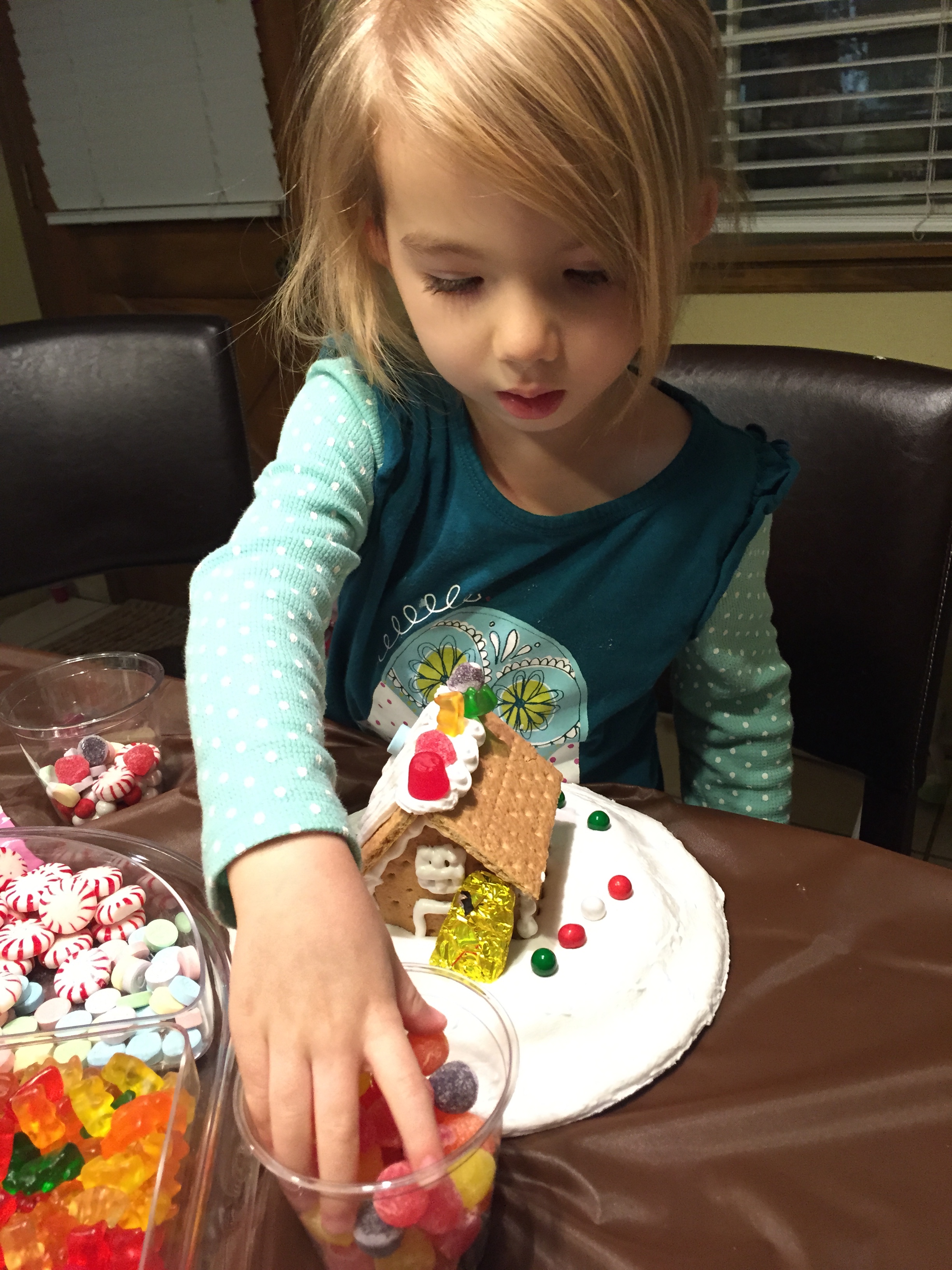Keeping Company
/You’ve heard the fun, hypothetical question, “What six people, living or dead, would you invite to dinner?”
I’ve performed a lot of weddings in my day. In most of them I have used a thought from C.S. Lewis in his book, The Four Loves.
Lovers are normally face to face, absorbed in each other;
Friends, side by side, absorbed in some common interest.
I then explain the obvious—that a marriage is two people who should strive not only to be lovers, but friends to each other as well.
C.S. Lewis and his good friend, J.R.R. Tolkien and a few others hung out together; regularly. They even had a name for their little group: “The Inklings”. Lewis spoke of the importance of having a group like The Inklings in that same book, The Four Loves, calling them a “little knots of Friends who turn their backs on the ‘World’”. By that, (I think) he meant, when they are together, they honor the relationship and the time by being fully present. If he were writing that today he might say, “When you gather with your little knot of friends, KEEP YOU DANG PHONE IN YOUR POCKET.” Just guessing.
I’ve been reading a book called, The Company They Keep by Diana Pavlac Glyer. It is a book about The Inklings, and it has me thinking. What if I was in a little knot of friends? Who else would be in it? What would we talk about? Would it be worthwhile?
I realize this kind of friendship is a step beyond just asking six or so people to dinner, but to me the spirit is the same. For most people the hard part of the exercise would be limiting the number of people they would invite. For me, I know that if I invited too many, if the knot was too big, I would be lost. In fact, I would probably go to another room and just eavesdrop on the conversation.
It’s just introversion and I’m fine with it.
This year, 2015, I’m going to explore this idea of having a Knot. Will I work to actually make it happen? Probably not, but I hope at least to be bold enough to meet some new people, have some interesting conversations and learn something about myself.
Let’s start though with this game of naming the Dinner Party Six. I’m going to expand the options a little and say that it’s okay to include a fictional person or two. I mean if we can invite dead people why not make-believe ones too?
Here’s my list (at least for now), not for the Knot, but for the Dinner:
Wait. First, I want to say in all honesty that while I’m not including family members in the list, I love being at the table with my Amazing-Missus, our two sons, our daughter-in-law, and our Grand-Girls. Second, there are some that I would love to have at the table, but they are of that category of being even above my hypothetical dinner guests; you know, people like Jesus, Mary Magdalene, G.K. Chesterton, Martin Luther King, Jr., Einstein, George Gershwin, etc. (Relax, I’m not saying or even inferring these people are equal to Jesus.)
Okay, now for the list (in no certain order):
- David Letterman (he would ask really good questions, keeping the discussion going)
- Flannery O’Connor (because she writes lines like: “To expect too much is to have a sentimental view of life and this is a softness that ends in bitterness.”)
- Paul McCartney & John Lennon (I know, I know)
- Tina Fey & Amy Poehler (They will split an entree)
- Yo Yo Ma (hopefully he and John would play “Imagine” together)
- Atticus Finch (played by Gregory Peck)
You know Atticus Finch, from the greatest fictional book ever, To Kill A Mockingbird by Harper Lee. If not, maybe, you’ve seen the movie where the role of the Atticus, the single father of two kids, is beautifully played by Gregory Peck.
The story is told by Scout, Atticus’ daughter. Here’s an except from the book. Scout is telling of encounters she and her brother Jem had with a mean old woman named Mrs. Dubose who lived down the street. Scout’s description of her father in this passage will make it clear why I want him to have a chair at my table.
When the three of us came to the house, Atticus would sweep off his hat, wave gallantly to her and say, “Good evening, Mrs. Dubose! You look like a picture this evening.”
I never heard Atticus say like a picture of what. He would tell her the courthouse news, and would say he hoped with all his heart she’d have a good day tomorrow. He would return his hat to his head, swing me to his shoulders in her very presence, and we would go home in the twilight. It was times like these when I thought my father, who hated guns and had never been to any wars, was the bravest man who ever lived.







